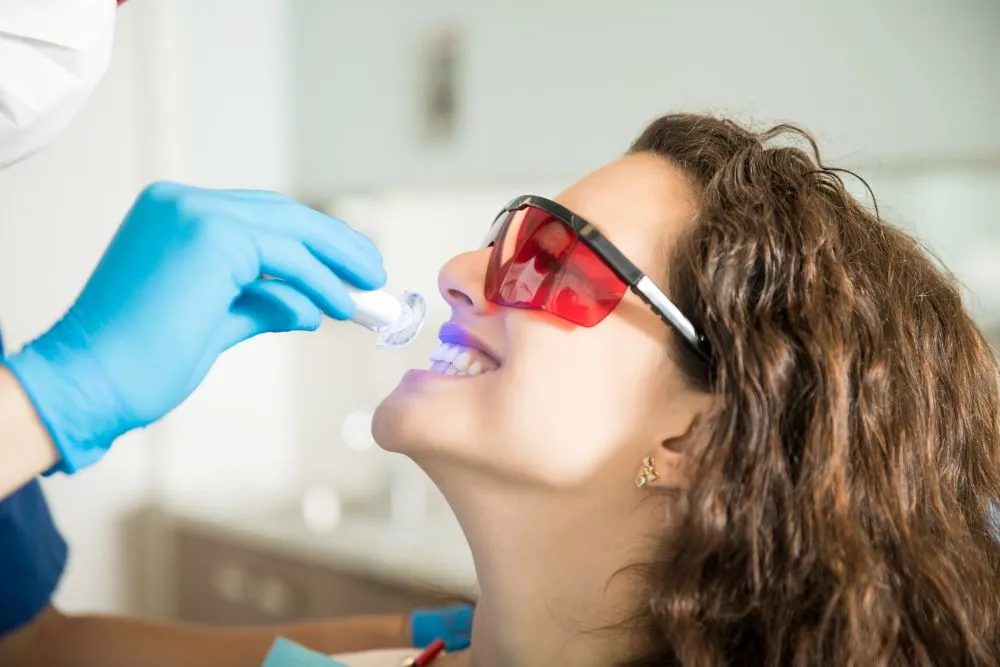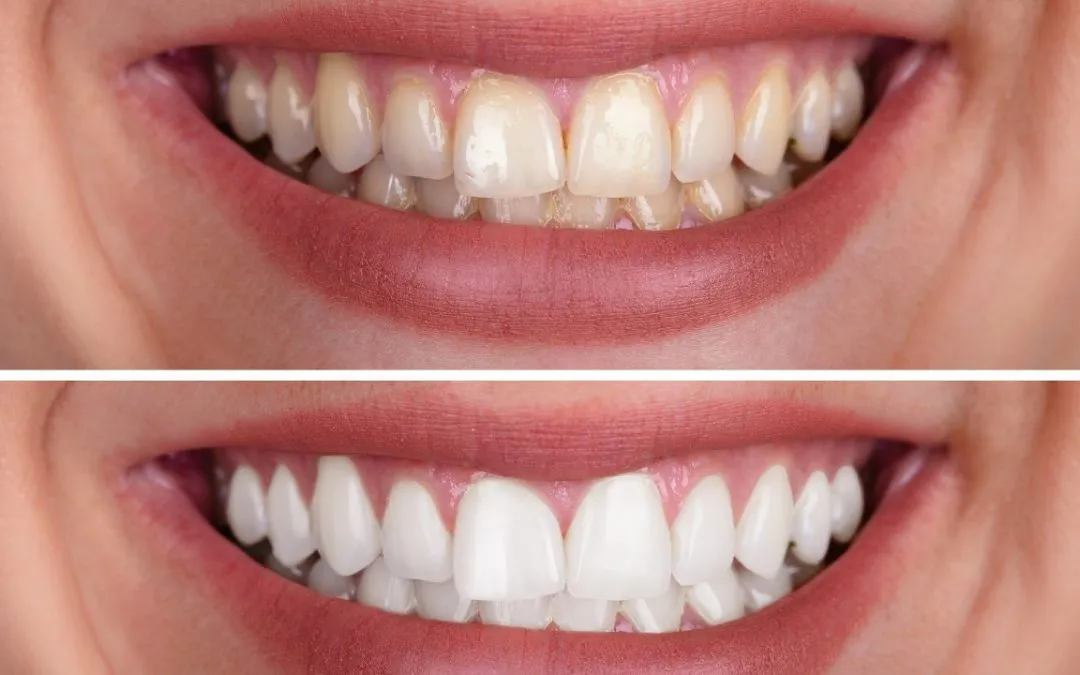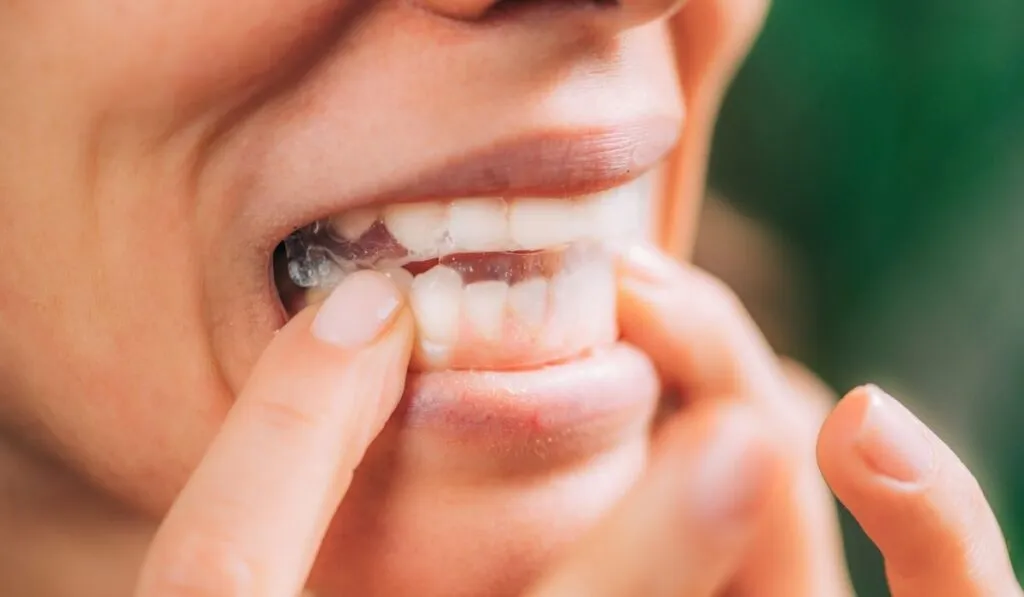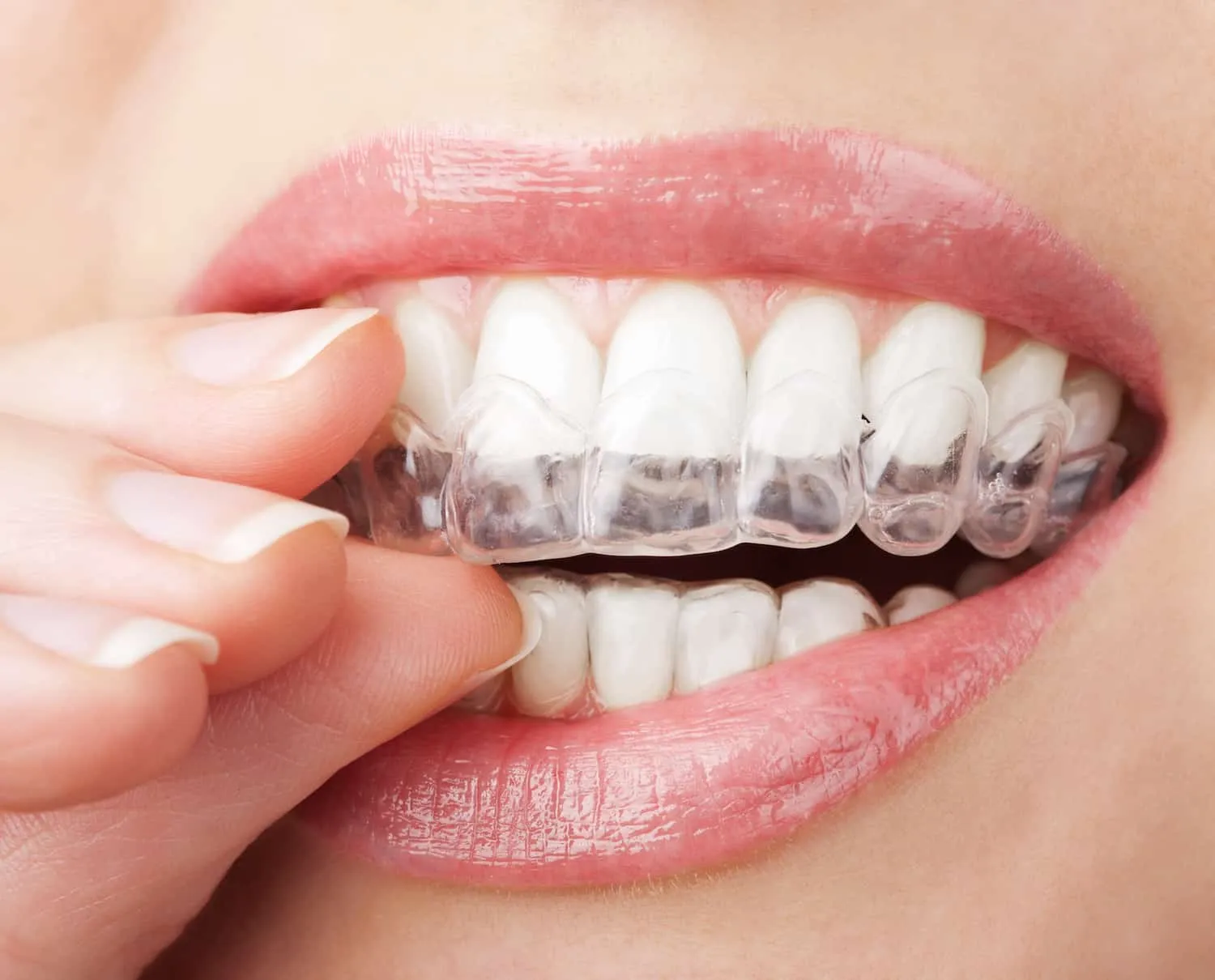The Connection: Sore Throat and Teeth Whitening
Teeth whitening is a popular cosmetic procedure, and it can significantly enhance the appearance of your smile. However, it’s essential to be aware of potential side effects, and one of these is a sore throat. While not everyone experiences it, a sore throat after teeth whitening is a relatively common complaint. Understanding why this happens and what you can do about it can help ensure a more comfortable experience. The primary causes are often related to the materials used, the process itself, and individual sensitivities. Knowing the connection allows you to take preventative steps and manage any discomfort effectively. Let’s delve into the common causes and explore the top facts to help you navigate this aspect of teeth whitening.
Common Causes of Sore Throat After Whitening
Several factors can contribute to the development of a sore throat following a teeth whitening procedure. These causes typically stem from the chemicals used, the methods applied, and the physical impact on the oral cavity. The most common causes include chemical irritation from the whitening agents, dehydration, and irritation from dental tools used during the procedure. Recognizing these causes is the first step in addressing and preventing the discomfort.
Chemical Irritation

Teeth whitening products often contain hydrogen peroxide or carbamide peroxide as the active bleaching agents. When these chemicals come into contact with the soft tissues of your mouth and throat, they can cause irritation. This can lead to inflammation, resulting in a sore and scratchy throat. The concentration of the whitening agent and the duration of its contact with your tissues can influence the severity of the irritation. Some individuals are also more sensitive to these chemicals than others, making them more prone to experiencing a sore throat.
Dehydration
During a teeth whitening procedure, it’s important to keep your mouth open for an extended period. This can lead to dehydration, particularly if you’re not adequately hydrated before and during the process. Dehydration can dry out the tissues in your mouth and throat, leading to irritation and soreness. Additionally, the whitening agents themselves can have a drying effect, further exacerbating the problem. Drinking plenty of water before and after the procedure is crucial to mitigate this effect.
Irritation from Retractors
Dental professionals often use retractors to keep your mouth open and your lips and cheeks away from your teeth during the whitening process. While these tools are necessary for the procedure, they can sometimes cause irritation. Prolonged use of retractors can lead to soreness and discomfort in the mouth, which can extend to the throat. The pressure and stretching of the tissues can cause micro-abrasions or inflammation, contributing to the sensation of a sore throat. Therefore, be sure to communicate with your dentist about any discomfort during the procedure.
Top 5 Facts About Sore Throat After Teeth Whitening

To better understand and manage a sore throat after teeth whitening, here are five essential facts. These facts cover the common experiences, potential durations, preventive measures, and treatment options, empowering you with the knowledge to navigate this side effect effectively.
Fact 1: Sensitivity
Individual sensitivity plays a significant role in whether you develop a sore throat after teeth whitening. Some people have more sensitive oral tissues than others. This increased sensitivity can make them more susceptible to irritation from the whitening agents or mechanical aspects of the procedure. If you have a history of sensitive teeth or gums, you might be more likely to experience this side effect. Consulting with your dentist to discuss your sensitivity level can help them adjust the treatment plan and use milder products if necessary.
Fact 2: Duration
The duration of a sore throat after teeth whitening typically varies. For most individuals, the discomfort lasts for a few hours to a couple of days. The severity of the sore throat often influences its duration. Mild cases might resolve within a day, while more pronounced irritation may take a few days to subside. If the sore throat persists for more than a few days or worsens, it’s important to consult your dentist to rule out any other underlying issues or complications.
Fact 3: Preventative Measures

Taking preventative measures can significantly reduce the likelihood of developing a sore throat. Before your whitening appointment, ensure you are well-hydrated. During the procedure, ask your dentist if they can use a protective barrier to shield your gums and throat from the whitening agent. After the procedure, drink plenty of water and avoid overly hot or acidic foods and drinks, which can irritate your throat. Following these steps can help minimize the potential for discomfort.
Fact 4: Treatment Options
There are several treatment options available to alleviate a sore throat after teeth whitening. Home remedies, such as gargling with warm salt water, can help soothe the throat. Over-the-counter pain relievers, like ibuprofen or acetaminophen, can reduce pain and inflammation. Lozenges or throat sprays containing soothing ingredients can also provide relief. Staying hydrated and avoiding irritants like smoking or alcohol can further aid in recovery. In most cases, these measures are sufficient to manage the discomfort.
Fact 5: When to See a Dentist
While a mild sore throat after teeth whitening is common and usually resolves on its own, there are instances when you should consult your dentist. If the sore throat is severe, persists for more than a few days, or is accompanied by other symptoms such as difficulty swallowing, fever, or excessive bleeding, seek professional advice. These symptoms could indicate a more serious issue that requires immediate attention. Your dentist can assess your condition and provide appropriate treatment or refer you to a specialist if necessary.
Relief and Recovery: What to Do

If you experience a sore throat after teeth whitening, several strategies can help you find relief and speed up your recovery. These strategies include home remedies, over-the-counter medications, and knowing when to seek professional help. By taking these steps, you can effectively manage the discomfort and get back to feeling your best. Remember to always prioritize your oral health and consult with your dentist if you have any concerns.
Home Remedies
Several simple home remedies can provide significant relief from a sore throat. Gargling with warm salt water several times a day can help reduce inflammation and soothe the throat. Drinking warm liquids, such as herbal teas with honey, can also provide comfort. Resting your voice and avoiding irritants like smoking and alcohol can further aid in recovery. These remedies are easily accessible and can be effective in managing mild to moderate discomfort.
Over-the-Counter Medications
Over-the-counter medications can provide quick relief from a sore throat. Pain relievers like ibuprofen or acetaminophen can help reduce pain and inflammation. Throat lozenges containing soothing ingredients like benzocaine or menthol can provide temporary relief and numb the throat. Throat sprays can also be used to deliver medication directly to the affected area. Always follow the instructions on the packaging and consult a healthcare professional if you have any concerns about using these medications.
When to Seek Professional Help

While most cases of sore throat after teeth whitening resolve on their own, there are instances when you should seek professional help from your dentist or doctor. If your sore throat is severe, persists for more than a few days, or is accompanied by other symptoms such as difficulty swallowing, fever, or excessive bleeding, it’s essential to seek medical advice. These symptoms could indicate a more serious underlying condition. Your healthcare provider can assess your condition and provide the appropriate treatment or refer you to a specialist if necessary.
